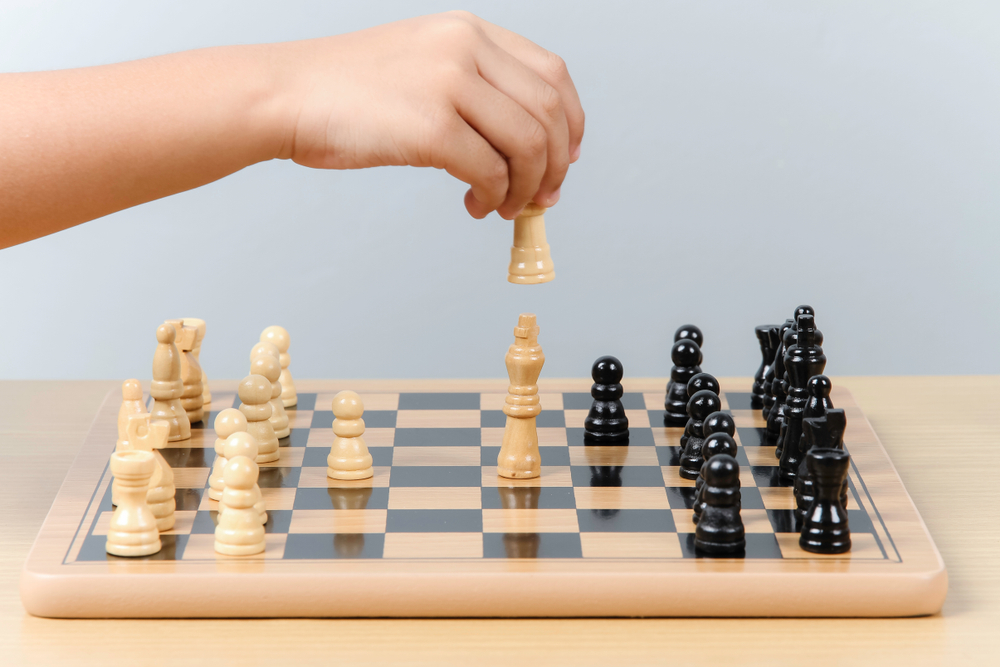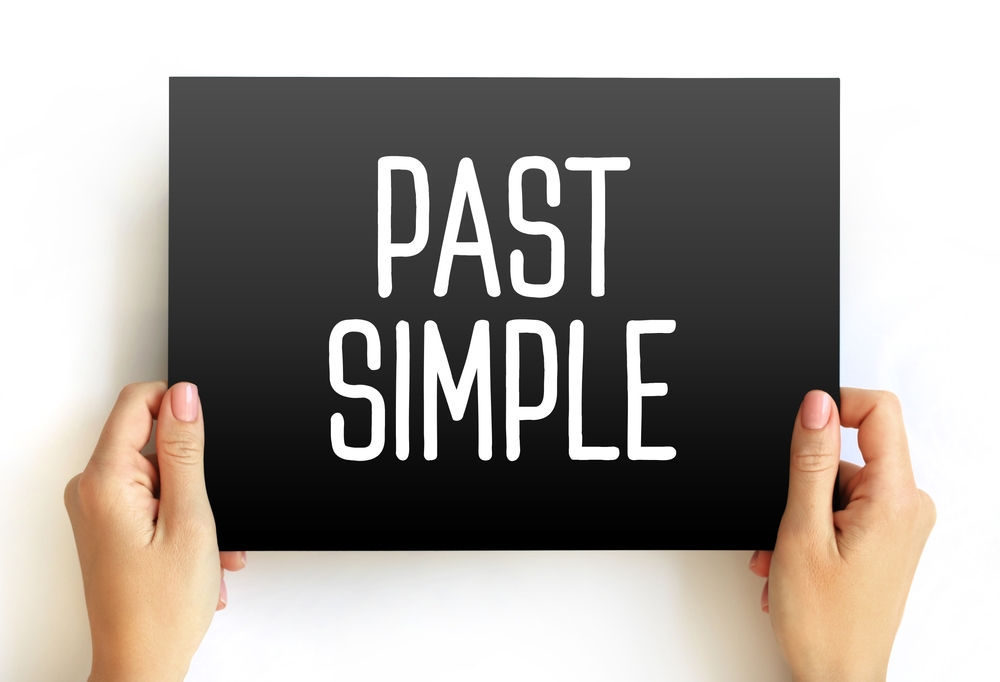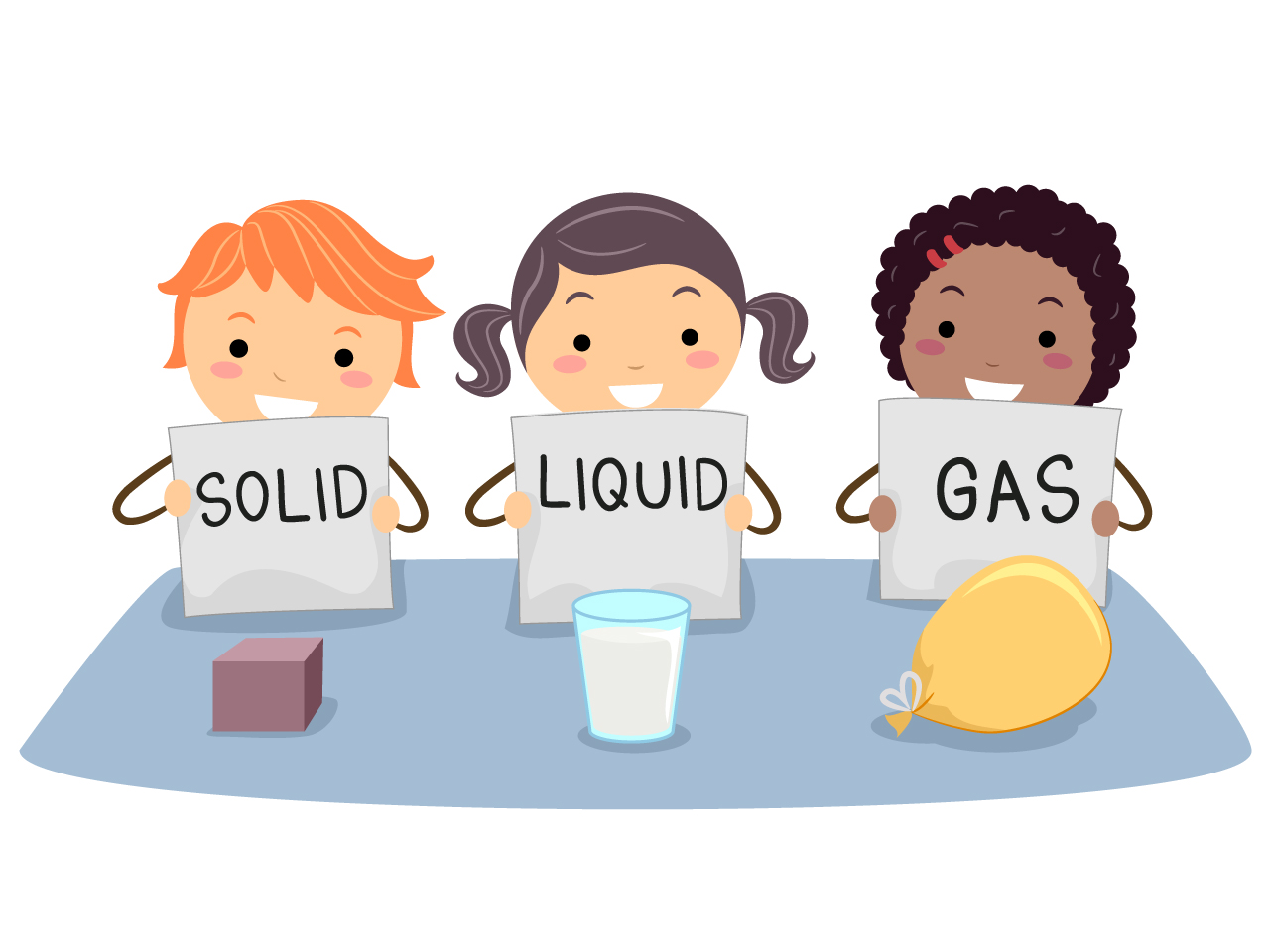7 Life Lessons Chess Can Teach Your Child
July 30, 2018
In chess, every move has a purpose and effect on the outcome of the game. Since making decisions while playing chess is so similar to the process we take throughout our own lives, isn’t it reasonable to conclude that chess can teach us critically important life lessons?
We’ve already talked about how chess can sharpen your child’s critical thinking skills, poising him or her for academic success. In fact, a recent 2018 study has shown that teaching chess to children can greatly benefit elementary-aged students, especially within the first few years of beginning lessons. The study found that teachers of kids who learn chess are more likely to make learning and progress improvements across subjects. Some of the skills that the study focused on assessing included:
- Overall academic achievement
- Decision-making and judgement
- Problem-solving skills
- Strategic thinking
- Systems thinking
- Cross-curricular connections and thinking
- Overall student engagement in the classroom setting
While the results showed the biggest difference in learning and improvement in grade school, they also note that despite a dip in benefits sustained through middle school, they reemerge when students are in high school. In terms of childhood development, this makes sense because students tend to struggle with a whole host of issues, both academically and socially in middle school, but rebound in high school and beyond as they develop into adults. Offering a child diverse ways to boost their creativity and development at different age levels is of huge importance. Check this article to read about games and activities famouse for their developmental benefits.
Returning to chess, perhaps it's even more important that this game's life lessons will extend far beyond your child’s formative years. Chess teaches children and adults alike knowledge and principals that can’t be learned from textbooks. The experience of planning moves and following through effects the way we operate on a daily basis, even while away from the chess board.

Let’s take a closer look at the life lessons and skills your child can pick up simply by learning and loving to play chess.
Prioritization and Strategy
During gameplay, chess players must analyze the situation at hand, and make a plan to move a piece based upon any potential threats, or a particular strategy that might help them win the game. Further, players must learn to anticipate the plans of their opponent in an attempt to protect their own pieces.
In life, we make a variety of decisions every day. By playing chess, kids learn to think deeply about the decisions they make, and how those choices might affect them or others. While playing chess is always against an opponent, learning to anticipate the moves of others can help kids build empathy to learn what they might do in another person’s place.
Rev up learning as summer winds down! Act quick and score huge savings on our Gifted and Talented app before it’s too late! Learn chess and practice math, science, reading, and so much more with our favorite all-in-one learning program!
Decision Making and Time Management
In chess tournaments, clocks are used to time each player’s turn, and to ensure that no single player takes advantage of their turn by purposely prolonging the game. When learning to play chess, it’s important that moves are thoughtfully planned, but taking too much time can sometimes overthink their moves and change their mind, resulting in mistakes that could have been avoided. When translated to real life, people often get stuck when making an important decision.
By playing chess, your child can learn to avoid overthinking, and learn to make important choices while under pressure. Learning to properly manage time and act when needed is vital to a successful future, no matter if your child is trying to figure out what to eat for dinner, or is making an important business deal one day.
Weighing Options and Making Sacrifices
Life often presents us with dilemmas, where we must choose between two unfavorable options. Sometimes we’re caught between a rock and a hard place, being forced to weigh our options. People make sacrifices every day, hopeful that the chosen path will lead to success. These are oftentimes the most difficult life-changing decisions we make, but are nevertheless critical to our future.
During gameplay, chess players are also faced with tough decisions, and are forced to weigh options, and even sacrifice a piece to ultimately succeed. Kids who play chess learn to make decisions even when the choices are tough, boosting their real life problem-solving skills. Check out these 4 easy steps to teach your child how to play chess even if you don't know how to play yourself.
Concentration and Stamina
Many teachers, and even parents, bemoan that today’s teenagers simply can’t concentrate on anything for very long. More than ever before, our society demands instant gratification and immediate results. However, we know from Aesop’s famous fable that “slow and steady wins the race”. Kids who can concentrate for longer periods of time will be more successful in academics and life.
Chess games aren’t quick, and players must learn to stay focused for the long haul. Playing chess will help your child build the stamina needed to carry out a strategy or plan until checkmate is called. In turn, kids learn to build patience and focus that crosses over to other areas of life, such as paying attention to a complicated math lesson, or writing an essay.
Developing Confidence
Your child won’t win every game of chess he plays. In fact, chess games often end in a draw, known as a stalemate. Whether your child wins, loses, or the game ends in a tie, there is an important lesson to be learned about developing the confidence to keep going, set goals, and plan future moves.
Playing chess will contribute to your child’s developing confidence. In planning and executing moves and strategies, kids learn to believe in themselves and trust their own decisions.
Learning From Mistakes and Failure
Learning from failure is one of the most important life lessons everyone needs to learn. Even when your child’s gameplay decisions result in a setback or loss, it creates an opportunity for growth. By playing chess, kids learn to accept defeat, and to learn from their mistakes to improve their strategy in future games.
While navigating life, your child will learn to deal with failure constructively. Whether they flunked a test, or lost a promotion at work, kids who learn to manage their losses will understand how to pick themselves up, dust themselves off, and bounce back no matter the situation.
Thinking Positively
To wrap it all up, by building confidence, decision-making skills, and learning to deal with—and grow—from defeat, kids learn the tools they need to be positive thinkers who feel free to achieve their dreams. Over time, playing chess will pay out in dividends, as your child learns invaluable life lessons that will last a lifetime.
If your child is ready to get started, there’s no need to pay for pricey chess lessons. Check out Kids Academy chess videos and resources on our YouTube channel, and in our Talented and Gifted app, available on the App Store and Google Play!











